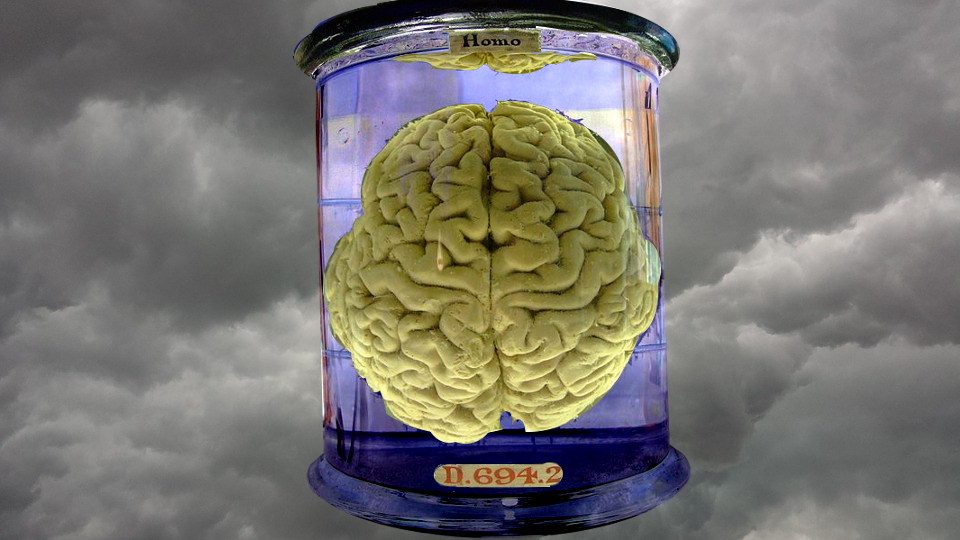
In High intelligence: A risk factor for psychological and physiological overexcitabilities, a group of academic and industry neuroscientists survey a self-selected group of 3,715 MENSA members about their mental health history and find a correlation between high IQ and clinical anxiety and depression disorders, an effect they attribute to “overexitabilities” – “the same heightened awareness that inspires an intellectually gifted artist to create can also potentially drive that same individual to withdraw into a deep depression”.
It’s an interesting study and it has a good sample size, but there are some big caveats here.
First, it’s not clear that IQ measures intelligence. People from higher incomes tend to score higher on IQ tests, and you can “study” for an IQ test, which suggests that what's being measured is a set of acquired skills and knowledge, not the capacity to acquire those skills and knowledge (your “quotient”).
Second, joining MENSA may be an indicator of some underlying insecurity about your intellect or place in the world, reflecting a predisposition to depression or anxiety, so they may have instead discovered that MENSA membership (not high IQ) is correlated with mental illness.
Third, the sample self-selected from an email blast to the MENSA membership, so again, perhaps they’ve found a link between a willingness to disclose mental illness to researchers and high IQ, or MENSA membership, or whatever.
Finally, in the US, access to medical care and thus formal mental health diagnosis is strongly correlated with income. That means that you’re more likely to have a professional affirm that your distress is caused by a clinical disorder if you’re wealthy than if you’re poor. High IQ correlates with wealth, and the wealth distribution in the study draws from disproportionately high-income subjects (“41.7% earned over $100,000; 16.9% earned between $76,000 and $100,000; 20.1% earned between $51,000 and $75,000; 14.9% earned between $26,000 and $50,000; and 3.9% earned less than $25,000”) so maybe they’ve found a correlation between wealth and mental health diagnoses.
Continue reading and discover that Cory himself has had mental health problems.
No comments:
Post a Comment